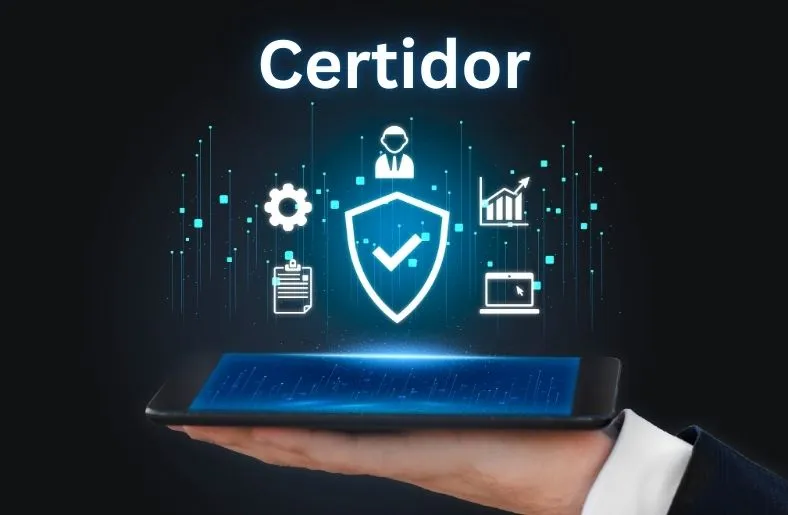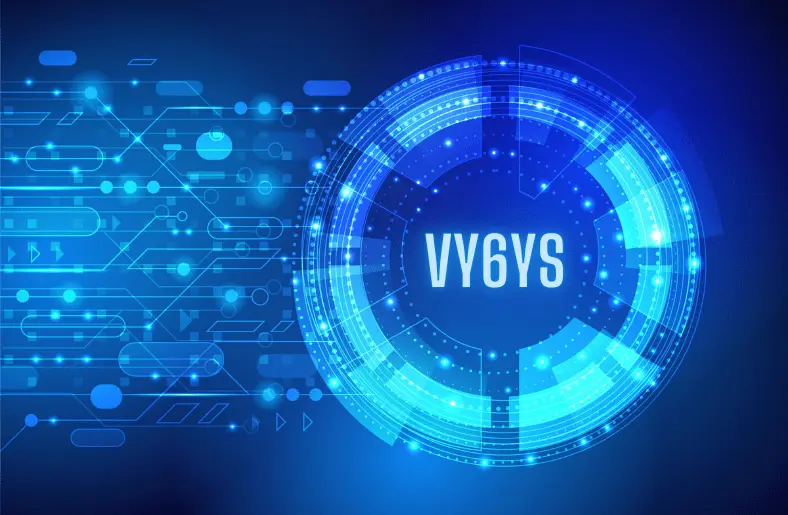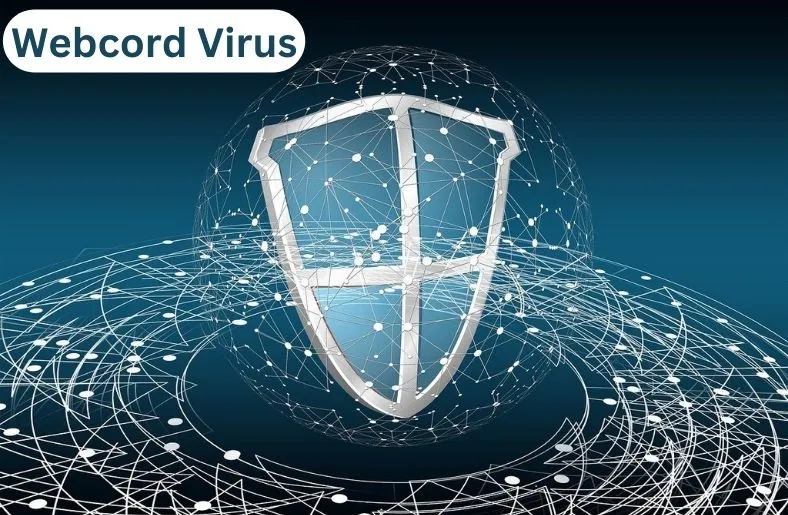In today’s fast-paced digital landscape, ensuring the security and authenticity of online transactions and data has become paramount. Enter Certidor – a groundbreaking platform poised to revolutionize the way we certify, authenticate, and verify digital information. With cyber threats on the rise, the need for secure digital certification has never been greater.
Certidor serves as a beacon of trust in this ever-evolving digital realm, offering a comprehensive solution to safeguard sensitive information. In this article, we will delve into the ultimate guide to secure digital certification, exploring the features, benefits, and applications of it. From its inception to its role in enhancing online security, we will uncover the intricate details of this innovative platform.
Join us on this journey as we navigate through the complexities of digital certification and discover how Certidor is shaping the future of online trust and security.
Understanding the Need for Digital Certification
In today’s digitally-driven world, the importance of digital certification cannot be overstated. Ensuring the integrity and authenticity of digital documents and transactions is essential for building trust and confidence in online interactions. However, traditional certification methods often fall short, leaving documents vulnerable to fraud and manipulation.
Common challenges such as the risk of unauthorized access and the lack of a standardized certification system contribute to the inefficiencies of traditional methods. Enter Certidor – a revolutionary platform designed to address these challenges head-on. By leveraging advanced technology like blockchain and cryptographic techniques, it offers a secure and transparent solution for digital certification.
With Certidor, risks of traditional certification are reduced. The process is streamlined, transforming digital certification for a secure online future.
Exploring Certidor’s Features and Benefits
Applications of Certidor
Challenges and Limitations of Certidor
Adoption Barrier: One challenge is the initial reluctance of businesses and individuals to embrace new verification methods.
Privacy Concerns: Concerns about data security and privacy may hinder widespread adoption.
Educational Efforts: Educating users about the benefits of Certidor is crucial for successful implementation.
Strategies for Overcoming Challenges
- Education and Awareness: Conducting outreach programs and educational campaigns to inform users about the advantages of Certidor.
- Enhanced Security Measures: Continuously improving Certidor’s security features to address privacy concerns and instill confidence in users.
- Collaboration: Collaborating with industry partners and regulatory bodies to establish standards and guidelines for Certidor implementation.
Future Trends in Digital Certification
As technology continues to advance rapidly, new trends and innovations are reshaping the landscape of digital certification. Artificial intelligence, machine learning, and biometrics are reshaping digital identity verification. These advancements ensure security, efficiency, and user-friendliness, fostering trust in online interactions.
Certidor is ready to evolve, utilizing innovation and infrastructure. It adapts to tech changes, ensuring reliability. Leading in digital certification, it commits to innovation.






